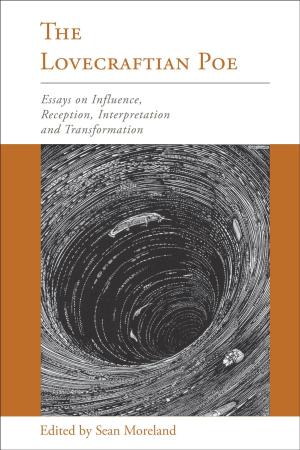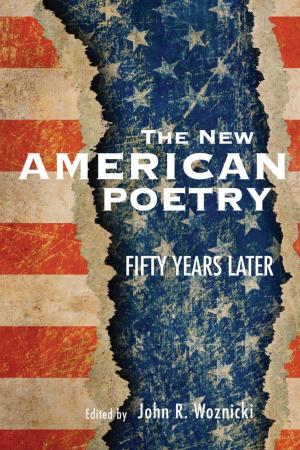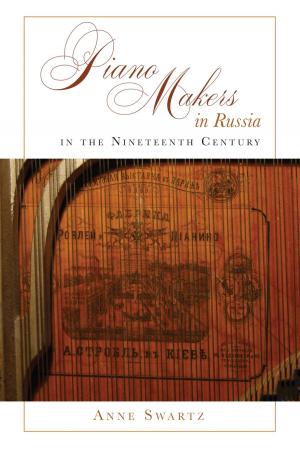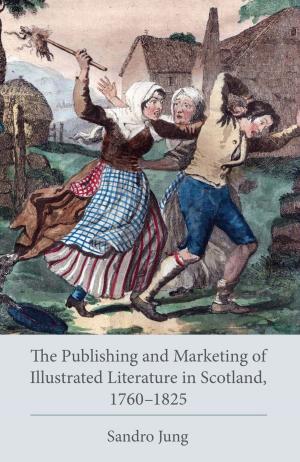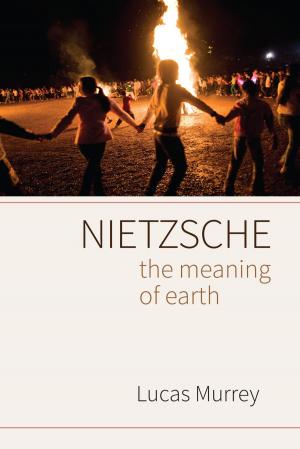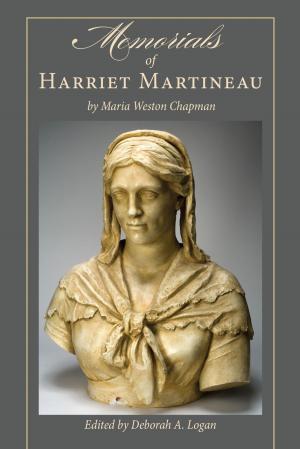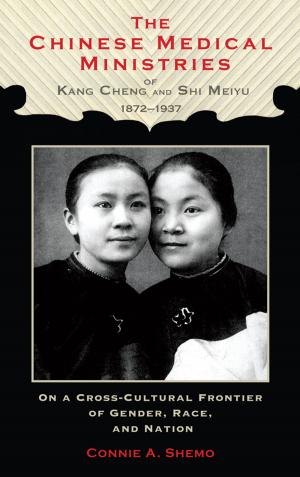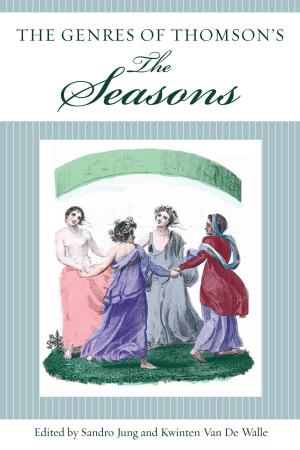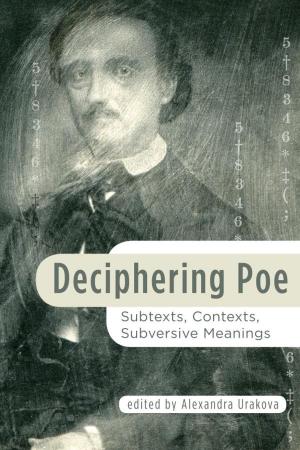Translated Poe
Fiction & Literature, Literary Theory & Criticism, American, Nonfiction, History, Americas, United States, 19th Century| Author: | Ayşe Nihal Akbulut, Bouchra Benlemlih, Liviu Cotrău, Hivren Demir-Atay, Marlene Hansen Esplin, Lenita Esteves, Ástráður Eysteinsson, Zongxin Feng, Maria Filippakopoulou, Daniel Göske, Daniela Hăisan, Magda Mansour Hasabelnaby, Aimei Ji, Henri Justin, Woosung Kang, Marius Littschwager, J. Scott Miller, George Monteiro, Rafael Olea Franco, Elvira Osipova, Renata Philippov, Margarita Rigal-Aragón, Santiago Rodríguez Guerrero-Strachan, Christopher Rollason, Ugo Rubeo, Takayuki Tatsumi, Alexandra Urakova, Pamela Vicenteño Bravo, Lois Davis Vines, Johan Wijkmark, Eysteinn Þorvaldsson | ISBN: | 9781611461725 |
| Publisher: | Lehigh University Press | Publication: | October 23, 2014 |
| Imprint: | Lehigh University Press | Language: | English |
| Author: | Ayşe Nihal Akbulut, Bouchra Benlemlih, Liviu Cotrău, Hivren Demir-Atay, Marlene Hansen Esplin, Lenita Esteves, Ástráður Eysteinsson, Zongxin Feng, Maria Filippakopoulou, Daniel Göske, Daniela Hăisan, Magda Mansour Hasabelnaby, Aimei Ji, Henri Justin, Woosung Kang, Marius Littschwager, J. Scott Miller, George Monteiro, Rafael Olea Franco, Elvira Osipova, Renata Philippov, Margarita Rigal-Aragón, Santiago Rodríguez Guerrero-Strachan, Christopher Rollason, Ugo Rubeo, Takayuki Tatsumi, Alexandra Urakova, Pamela Vicenteño Bravo, Lois Davis Vines, Johan Wijkmark, Eysteinn Þorvaldsson |
| ISBN: | 9781611461725 |
| Publisher: | Lehigh University Press |
| Publication: | October 23, 2014 |
| Imprint: | Lehigh University Press |
| Language: | English |
Few, if any, U.S. writers are as important to the history of world literature as Edgar Allan Poe, and few, if any, U.S. authors owe so much of their current reputations to the process of translation. Translated Poe brings together 31 essays from 19 different national/literary traditions to demonstrate Poe’s extensive influence on world literature and thought while revealing the importance of the vehicle that delivers Poe to the world—translation.
Translated Poe is not preoccupied with judging the “quality” of any given Poe translation nor with assessing what a specific translation of Poe must or should have done. Rather, the volume demonstrates how Poe’s translations constitute multiple contextual interpretations, testifying to how this prolific author continues to help us read ourselves and the world(s) we live in. The examples of how Poe’s works were spread abroad remind us that literature depends as much on authorial creation and timely readership as on the languages and worlds through which a piece of literature circulates after its initial publication in its first language. This recasting of signs and symbols that intervene in other cultures when a text is translated is one of the principal subjects of the humanistic discipline of Translation Studies, dealing with the the products, functions, and processes of translation as both a cognitive and socially regulated activity. Both literary history and the history of translation benefit from this book’s focus on Poe, whose translated fortune has helped to shape literary modernity, in many cases importantly redefining the target literary systems. Furthermore, we envision this book as a fountain of resources for future Poe scholars from various global sites, including the United States, since the cases of Poe’s translations—both exceptional and paradigmatic—prove that they are also levers that force the reassessment of the source text in its native literature.
Few, if any, U.S. writers are as important to the history of world literature as Edgar Allan Poe, and few, if any, U.S. authors owe so much of their current reputations to the process of translation. Translated Poe brings together 31 essays from 19 different national/literary traditions to demonstrate Poe’s extensive influence on world literature and thought while revealing the importance of the vehicle that delivers Poe to the world—translation.
Translated Poe is not preoccupied with judging the “quality” of any given Poe translation nor with assessing what a specific translation of Poe must or should have done. Rather, the volume demonstrates how Poe’s translations constitute multiple contextual interpretations, testifying to how this prolific author continues to help us read ourselves and the world(s) we live in. The examples of how Poe’s works were spread abroad remind us that literature depends as much on authorial creation and timely readership as on the languages and worlds through which a piece of literature circulates after its initial publication in its first language. This recasting of signs and symbols that intervene in other cultures when a text is translated is one of the principal subjects of the humanistic discipline of Translation Studies, dealing with the the products, functions, and processes of translation as both a cognitive and socially regulated activity. Both literary history and the history of translation benefit from this book’s focus on Poe, whose translated fortune has helped to shape literary modernity, in many cases importantly redefining the target literary systems. Furthermore, we envision this book as a fountain of resources for future Poe scholars from various global sites, including the United States, since the cases of Poe’s translations—both exceptional and paradigmatic—prove that they are also levers that force the reassessment of the source text in its native literature.

